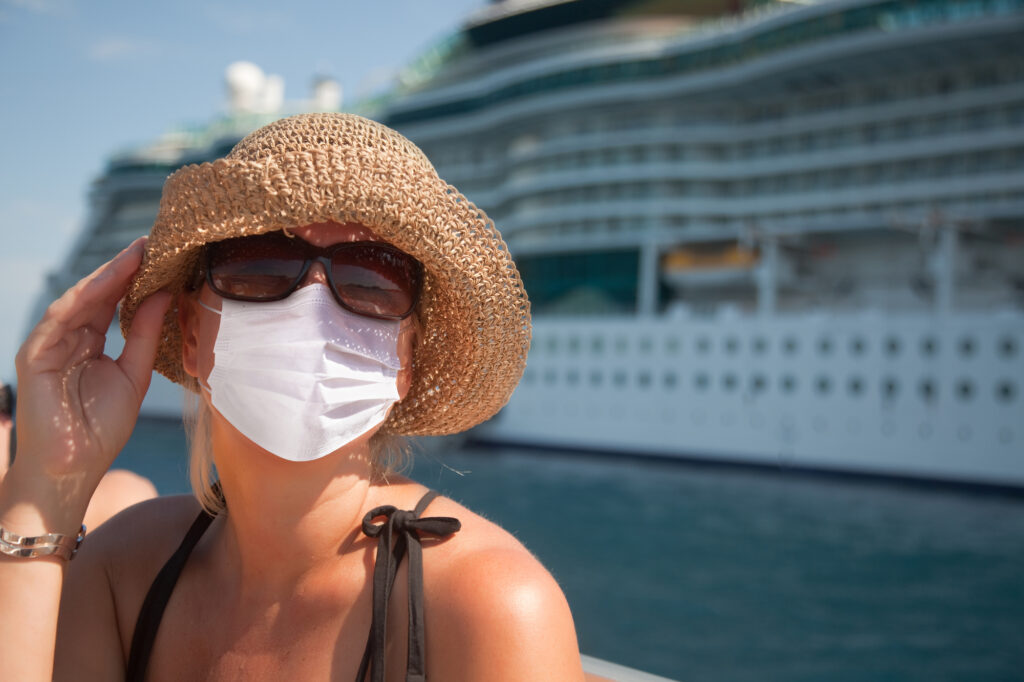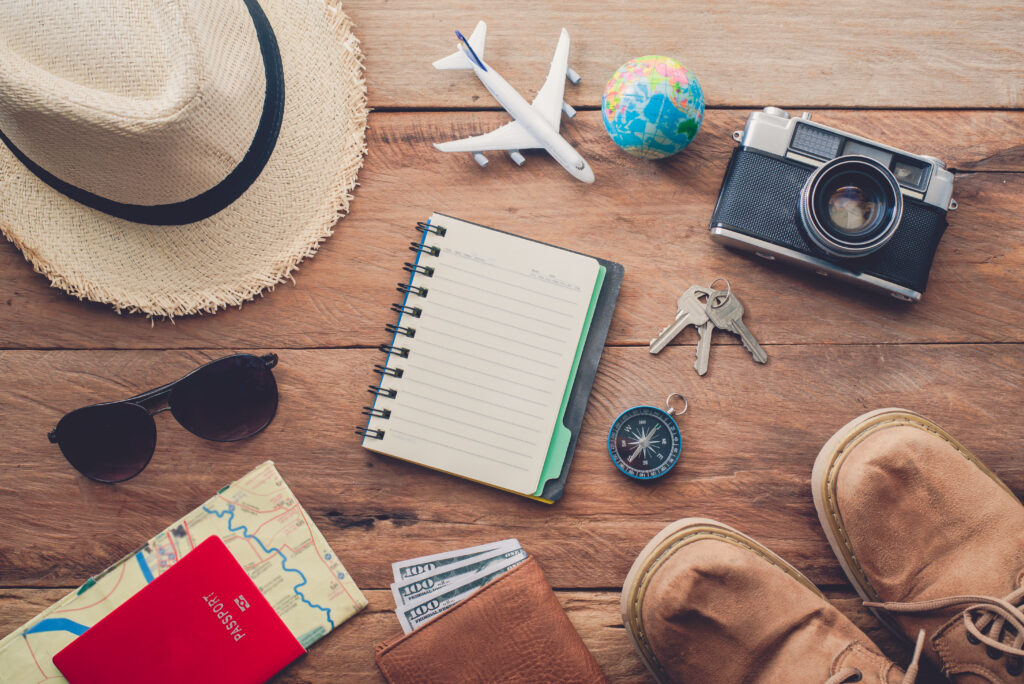Whether you’re heading off on a relaxing cruise, flying overseas, or planning a road trip, travel is meant to be an exciting time. But for many people, it can also bring along a less welcome companion: The Acid Reflux. That uncomfortable burning sensation in your chest or throat after a meal can put a real damper on your plans.
In this blog, we’ll explore why reflux often flares up while travelling, what symptoms to look out for, and what you can do to prevent and manage it.
What Is Acid Reflux?
Acid reflux occurs when stomach acid moves up into the oesophagus, the tube connecting your mouth to your stomach. This backflow of acid happens when the lower oesophageal sphincter (LES), a ring of muscle that acts like a valve that doesn’t close properly.
Occasional reflux is common, but if it occurs frequently, it may be a sign of gastroesophageal reflux disease (GORD), a more chronic condition that requires medical attention.
Hangover Relief Tips
If you do have a bit too much to drink, here are some simple ways to relieve a hangover and get back to enjoying your holiday.
- Rehydrate
Alcohol is a diuretic, meaning it increases the amount of urine your body produces, leading to dehydration. Rehydrating with water or electrolyte-rich beverages is essential to help your body recover. - Get Plenty of Rest
Alcohol can disrupt your sleep cycle, so getting extra rest after drinking can help your body recover. Give yourself time to relax and allow your body to repair and process the alcohol effectively. - Eat Light Foods
After a night of drinking, bland foods like toast, crackers, or bananas can be easier on your stomach and help settle nausea. Avoid heavy, greasy foods as they can make nausea worse. - Avoid More Alcohol
Although “hair of the dog” is a popular myth, drinking more alcohol when hungover will only prolong symptoms and slow down recovery. Give your body a break and focus on hydrating and resting instead.
Common Symptoms of Reflux
You might be experiencing reflux if you notice:
-
A burning sensation in your chest (commonly known as heartburn)
-
A sour or bitter taste in your mouth
-
Bloating or excessive burping
-
A chronic cough or sore throat
-
Difficulty swallowing or a sensation of food getting stuck
-
Symptoms worsening when lying down or after meals
While these symptoms can be uncomfortable at home, they can become especially disruptive while travelling.
Why Does Reflux Happen More When Travelling?
Many travellers find that their reflux symptoms get worse during a trip, and it’s not just a coincidence. Here are some common reasons:
1. Irregular routines
Travel often disrupts your usual eating and sleeping patterns, which can throw off your digestion.
2. New or rich foods
Trying local cuisines is one of the joys of travel, but spicy, fatty, fried, or acidic foods can all be reflux triggers.
3. Prolonged sitting
Long flights, car rides, and other sedentary travel situations increase pressure on your stomach, which can encourage acid to rise.
4. Lying down too soon after eating
Whether you’re catching a nap after a meal or relaxing on a reclined seat, lying down too early can make reflux symptoms worse.
How to Prevent and Manage Reflux While Travelling
Good news is that you don’t have to let reflux ruin your holiday. Here are some practical tips to keep it under control:
1. Eat smaller, more frequent meals
Large meals can stretch your stomach and increase acid production. Eating modestly and more often can ease pressure on your digestive system.
2. Avoid known trigger foods and drinks
Spicy, fried, and fatty foods are common culprits. Caffeine, alcohol, soft drinks, and acidic foods like citrus and tomato can also aggravate symptoms.
3. Stay upright after eating
Wait at least 2–3 hours before lying down after a meal. If you’re travelling overnight, try to eat earlier in the evening.
4. Stay hydrated (with the right fluids)
Water is your best friend. Fizzy, sugary, and caffeinated drinks can make symptoms worse.
5. Pack reflux medication
If you’ve experienced reflux before, make sure to bring any medications you usually take—whether it’s antacids or a prescribed treatment. Having them on hand can save you a lot of discomfort.
6. Wear loose-fitting clothing
Tight waistbands or belts can place extra pressure on your stomach, encouraging acid to move upward.
Should You Speak to a Pharmacist Before You Travel?
If you’re prone to reflux, it’s a good idea to speak to your pharmacist before you leave. They can help you:
-
Choose the right over-the-counter or prescription medication
-
Recommend travel-friendly formulations
-
Give you practical advice on managing reflux while away
Stay healthy and comfortable while travelling – you deserve it.








